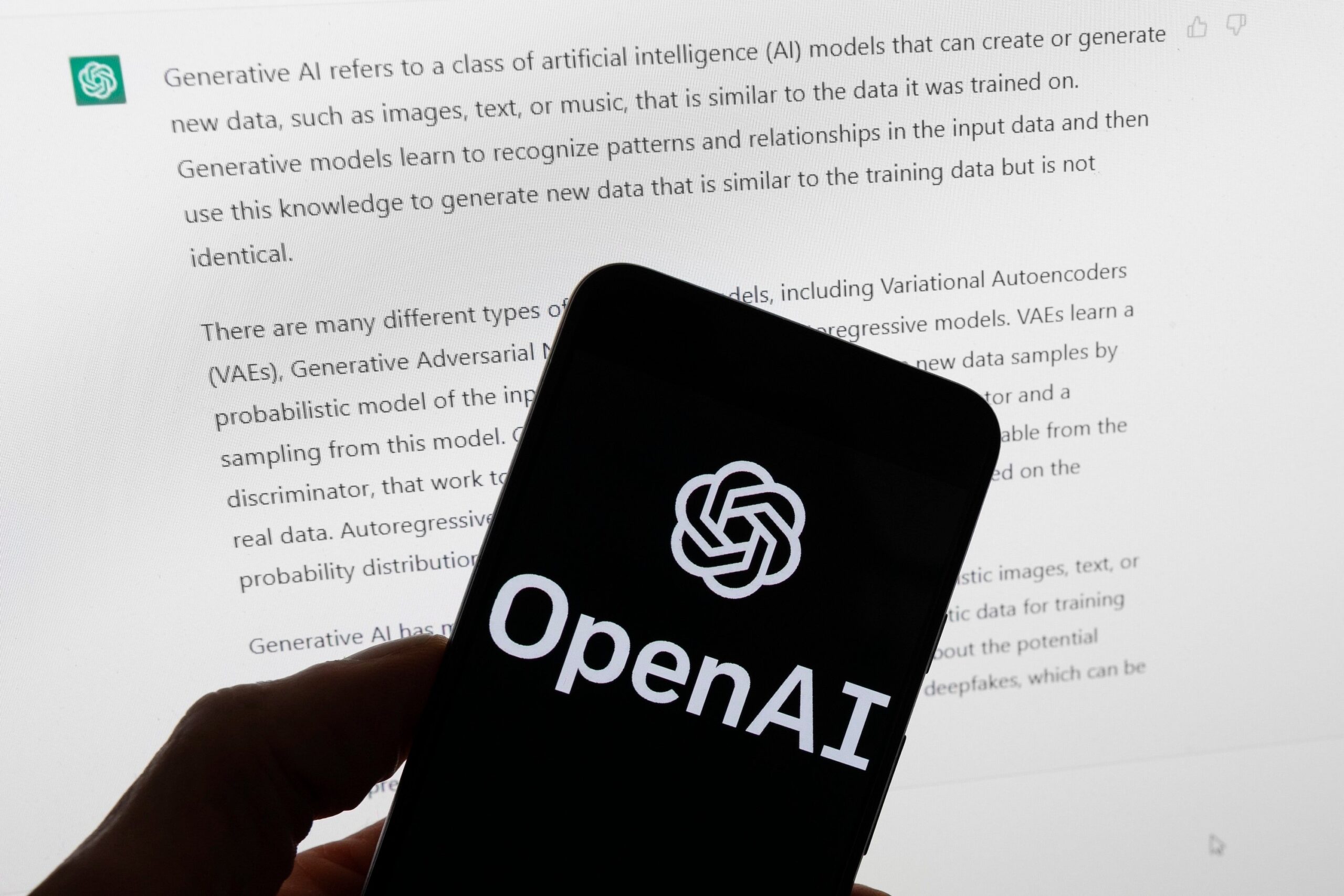We’ve observed that AI technology has advanced significantly in various creative fields such as writing, video production, and image generation, with upcoming developments in music composition and gaming.
A recent innovation by Google’s DeepMind, referred to as “the first generative interactive environment trained in an unsupervised manner from labeled Internet videos,” was introduced in a research paper on February 23.
In essence, this innovation, known as Genie, allows users to construct realistic virtual worlds by inputting text or images, resulting in a diverse range of controllable 2D environments. These virtual realms can range from whimsical kingdoms resembling clay sculptures to scenes reminiscent of paintings set in modern urban landscapes, as described by Tim Rocktäschel, the head of DeepMind’s open-endedness team, on February 26.
When users interact within these customizable worlds, Genie dynamically generates subsequent frames in response to their actions, creating a seamless experience where the boundaries between characters and environments blur. This autonomous generation process occurs during the system’s training phase.
Furthermore, Genie’s capabilities extend to the creation of 2D simulations that can aid in the training of embodied agents such as robots, showcasing its versatility and potential applications in various fields.
Despite its promising features, Genie is currently in the early stages of development and is not intended for public use, according to the project director. Meanwhile, other AI-driven audio tools, like those from ElevenLabs and Adobe, are also generating excitement in the industry.
ElevenLabs specializes in sound effects generation, utilizing natural sources like crashing waves, clanging metal, whistling birds, and roaring car engines to produce audio content. On the other hand, Adobe’s Project Music GenAI Control empowers developers to craft music based on textual cues like “powerful rock,” “happy dance,” or “melancholy jazz,” with options to modify the audio’s characteristics such as structure, intensity, and repetition.
Nicholas Bryan, a senior research scientist at Adobe Research, likened Project Music GenAI Control to a “Photoshop for sound,” highlighting its potential to streamline music creation processes by enabling precise customization without the need for manual editing of existing tracks.
While specific release dates for these innovative tools have not been disclosed, the advancements in AI-driven content generation are poised to revolutionize creative industries and enhance the capabilities of content creators worldwide.










